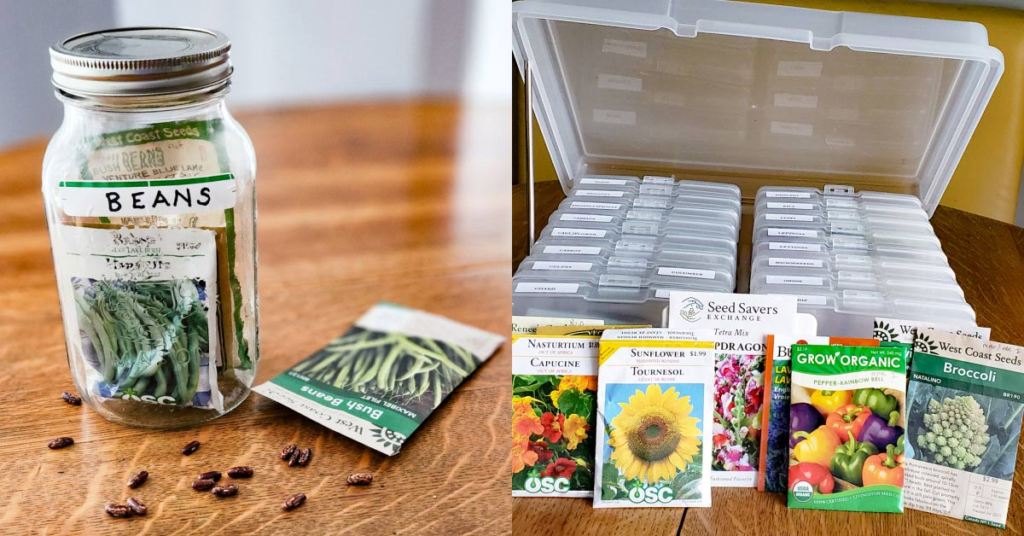As winter fades into spring, the search for the best garden seeds is a rewarding and practical way to kick off the gardening season. Whether you’re replacing seeds that have expired or are simply looking for new varieties, finding quality seeds doesn’t have to break the bank. Local seed swaps or rural farm supply stores are excellent places to find seeds at affordable prices. Even if you invest in premium seeds due to their rarity, the results—such as growing a cabbage worth five dollars from a ten-cent seed—are well worth the investment.
Organizing Your Seeds
Start by sorting through your seed collection. Take stock of the oldest packets and decide which ones to keep, compost, or attempt to germinate under lights. This is also the perfect time to create a shopping list for the seeds you’ll need to replenish, making it easier when you visit local swaps or garden shops.

Seed Swaps: A Community Tradition
Seed swaps are a great way to exchange seeds and learn from other gardeners. To participate, prepare packets of your best saved seeds from the previous year to share. For example, at a local swap, I brought horseradish crowns and left with a blooming kalanchoe plant. While at these events, expect the unexpected. You might pick up something new, like a rare heirloom bean or some unique flowers, which adds to the excitement of seed swapping. If you don’t have seeds to trade, many swaps accept donations to support the organizing group.
Local Seed Racks and Shops
While seed swaps are a valuable resource, they may not have all the common seed varieties you need. For those, check out local garden centers, where you’ll find a range of seeds, often at prices comparable to what you’d pay online. It’s also a good idea to shop early to ensure you have seeds for both spring and fall crops, as selection tends to diminish as the season progresses. Health food stores also often carry organic seed varieties, which are worth considering if you’re focused on sustainable gardening practices.
If you’re looking to save money, local farm supply stores often offer regionally-sourced seeds at great prices, including options for cover crops, grains, and seed potatoes. However, be cautious when buying value packs from discount stores, as the quantity in each packet may be limited. For instance, a cheap packet of common flowers like cosmos might only contain ten seeds, which may be just what you need for a small planting.

Seeds by Mail: Expanding Your Options
No seed shopping season is complete without browsing online catalogs. Many heirloom varieties, unique organic seeds, and hybrid options with disease resistance are available through mail-order. By purchasing from companies dedicated to preserving rare varieties or promoting organic practices, you’re supporting vital initiatives while gaining access to top-quality seeds. Take your time exploring different catalogs and online seed retailers to find the perfect varieties for your garden.
In summary, finding the best garden seeds involves a combination of careful organization, community involvement through seed swaps, and smart shopping at local and online stores. By mixing all these sources, you’ll ensure a diverse and successful planting season ahead.
